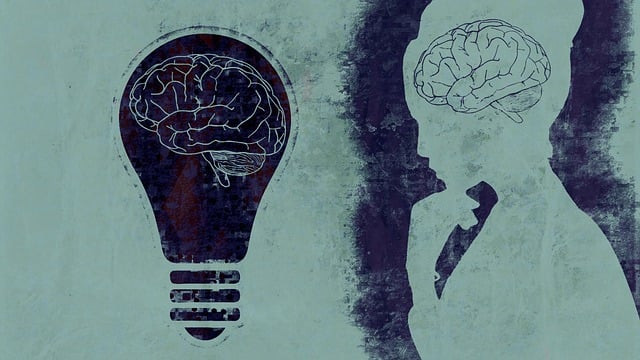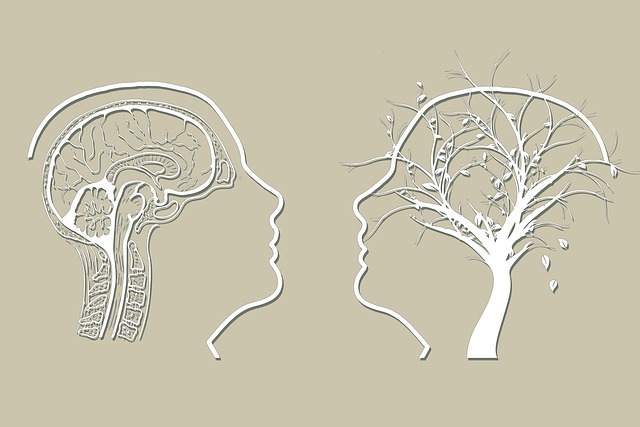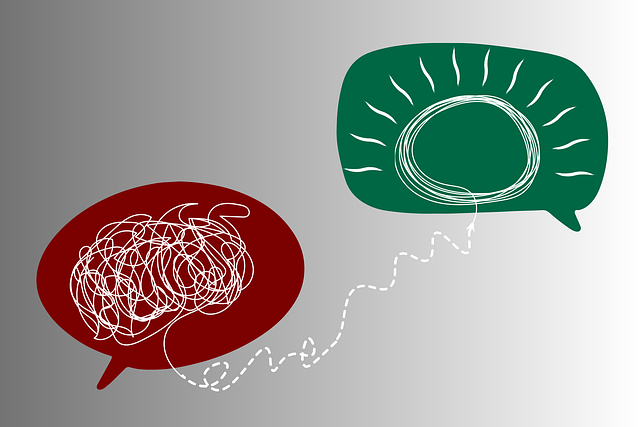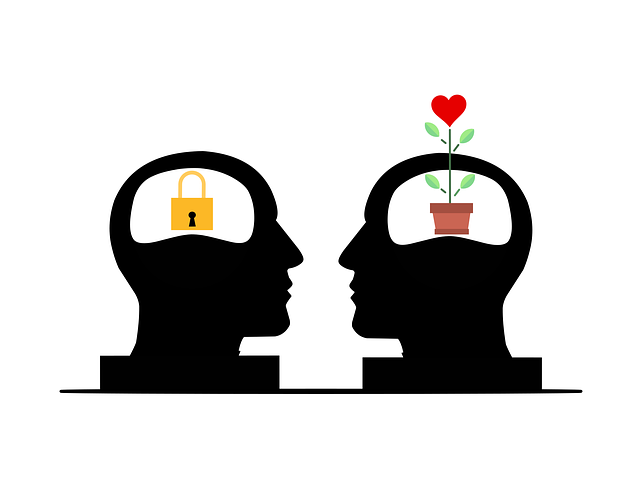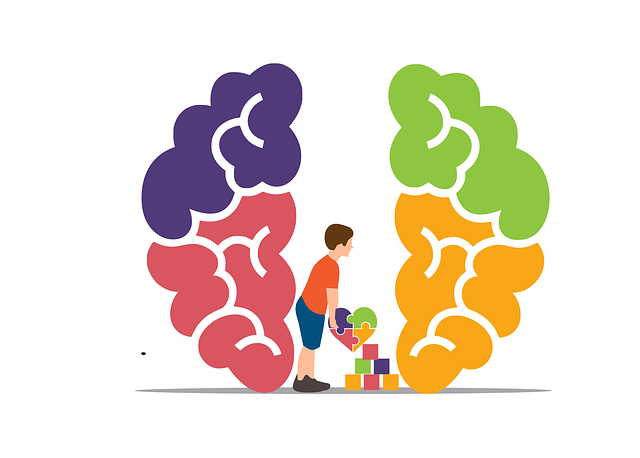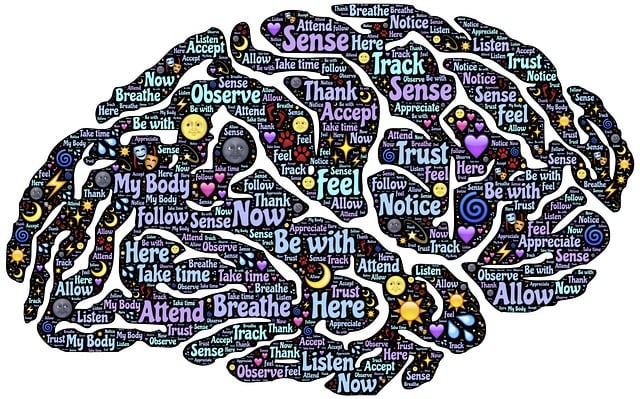Mindfulness meditation is a powerful tool for individuals seeking Northglenn Bipolar Disorder Therapy, offering a holistic approach to emotional healing by focusing on the present moment and accepting thoughts and feelings without judgment. Regular practice (10-15 minutes daily) promotes stress management, mental health education, calmness, clarity, improved decision-making, better mood regulation, and enhanced quality of life. Combining mindfulness with Depression Prevention strategies and communication exercises, as advocated by Northglenn Bipolar Disorder Therapy experts, fosters holistic emotional well-being. Integrating mindfulness into daily routines allows for consistent emotional healing, quieting the mind, reducing stress, and cultivating self-awareness to manage bipolar disorder effectively.
Discover the transformative power of mindfulness meditation with our comprehensive guide, tailored for those managing bipolar disorder in Northglenn. This article explores practical steps to integrate mindfulness into your daily routine, offering a natural and effective strategy for mental wellbeing. From understanding the fundamentals of mindfulness for bipolar management to creating a consistent practice and seamlessly incorporating it into everyday life, these insights empower individuals on their journey towards stability and inner peace.
- Understanding Mindfulness Meditation for Bipolar Management
- Creating a Consistent Practice: Tips and Techniques
- Incorporating Mindfulness into Daily Life for Mental Wellbeing
Understanding Mindfulness Meditation for Bipolar Management

Mindfulness meditation has emerged as a powerful tool for managing bipolar disorder, offering individuals from Northglenn Bipolar Disorder Therapy a holistic approach to emotional healing processes. This ancient practice involves focusing one’s awareness on the present moment, accepting thoughts and feelings without judgment. By cultivating this heightened state of awareness, individuals can develop a deeper understanding of their emotional responses and triggers, enabling them to navigate mood swings more effectively.
Incorporating mindfulness meditation into daily routines facilitates stress management and enhances mental health education programs design. Through regular practice, individuals learn to observe their thoughts and emotions without getting swept away by them, fostering a sense of calm and clarity. This ability to stay grounded in the present moment can help break the cycle of intense emotional reactions often associated with bipolar disorder. As a result, mindfulness meditation supports better decision-making, improved mood regulation, and an overall enhanced quality of life for those navigating this complex mental health condition.
Creating a Consistent Practice: Tips and Techniques

Establishing a regular mindfulness meditation practice can be transformative for anyone, especially those managing bipolar disorder. Consistency is key when it comes to reaping the benefits of this ancient technique. Begin by setting aside just 10-15 minutes each day for your practice. Choose a quiet space where you won’t be disturbed; this could be a corner of your home or even a local park if that’s where you find peace.
To maintain motivation, consider incorporating various mindfulness techniques. For instance, guided meditations can help, especially in the beginning. There are numerous apps and online resources offering sessions tailored for bipolar disorder management. These can provide valuable tools for navigating challenging emotions. Additionally, combining meditation with other therapeutic practices like Depression Prevention strategies or communication exercises (Communication Strategies) can enhance Emotional Well-being Promotion Techniques and create a holistic approach to mental health care, as recommended by Northglenn Bipolar Disorder Therapy experts.
Incorporating Mindfulness into Daily Life for Mental Wellbeing

Incorporating mindfulness into daily life can significantly enhance mental wellness, particularly for individuals managing conditions like bipolar disorder, often sought through Northglenn Bipolar Disorder Therapy services. Mindfulness meditation is a powerful tool that encourages staying present and fully engaged in the moment. By practicing this form of meditation, one can cultivate a deeper sense of self-awareness, enabling them to recognize and accept their thoughts and emotions without judgment.
This simple yet profound practice involves paying attention to your breath, bodily sensations, and surroundings, helping to quiet the mind and reduce stress. Integrating mindfulness into daily routines, such as during commutes or while engaging in household chores, allows for consistent emotional healing processes. The Mental Wellness Podcast Series Production can provide guidance on various mindfulness meditation techniques, offering a structured approach to enhancing mental wellness through this ancient practice.
Mindfulness meditation has emerged as a powerful tool for managing bipolar disorder, offering individuals in Northglenn Bipolar Disorder Therapy a practical way to navigate emotional ups and downs. By integrating this practice into daily life, as discussed in our article’s sections on creating consistency and incorporating mindfulness, people can enhance their mental wellbeing significantly. Consistent mindfulness meditation doesn’t just help manage symptoms; it fosters resilience and promotes a deeper connection with the self. Embrace these techniques to embark on a journey of inner calm and profound mental health improvement.
